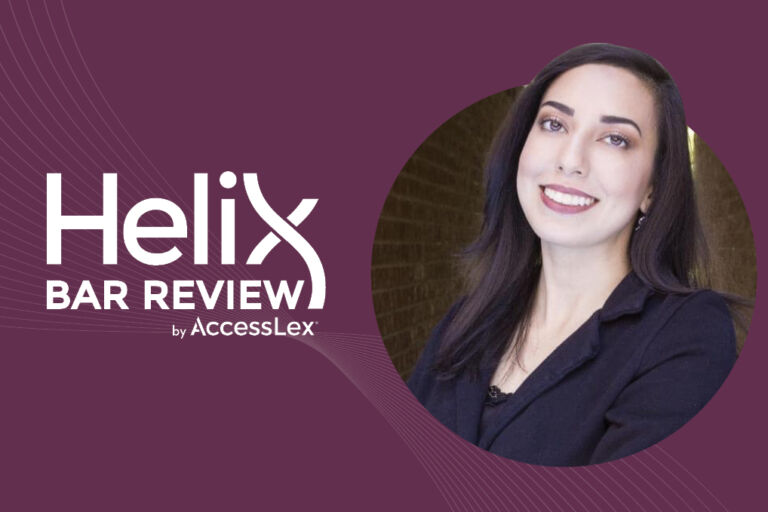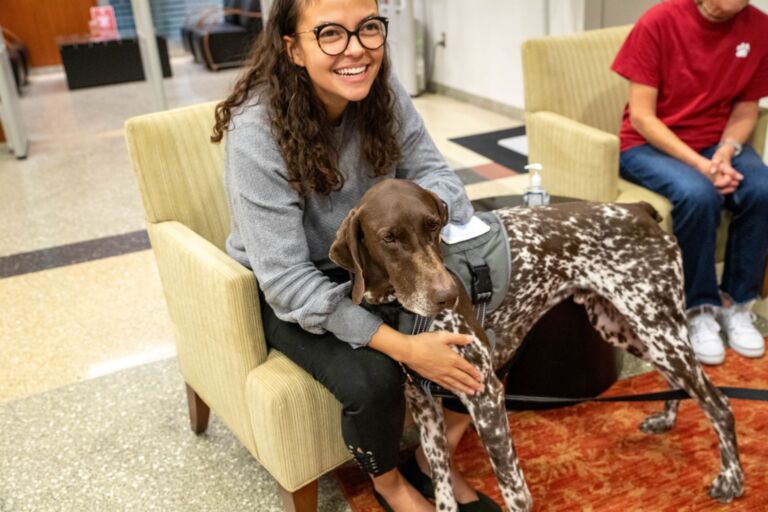Most law schools didn’t have anything to fear when the American Bar Association toughened bar passage standards in 2019. Under the new rule, schools have to have 75% of students from a class pass the bar within two years of graduation, and the vast majority of schools were already easily meeting it.
However, 10 schools did not meet that threshold, and there was concern about their futures since they have large minority student bodies and help diversify the legal field.
But since being alerted by the ABA in May of 2020 that they did not meet compliance, six schools have since met the new standard. The ABA recently announced that four more are now in compliance. (Two succeeded last year.) The ABA had initially based compliance on the Class of 2017, so if grads from proceeding classes did better, the schools could possibly achieve the mark.
The four latest schools meeting the criteria are:
Atlanta’s John Marshall Law School; Charleston School of Law in South Carolina; Florida Agricultural and Mechanical University College of Law in Orlando and University of South Dakota School of Law in Vermillion.
Last year, Florida Coastal School of Law in Jacksonville and the University of the District of Columbia David A. Clarke School of Law were notified that they had achieved compliance.
That leaves only four schools — two in the U.S. and two in Puerto Rico — out of compliance.
Mississippi College School of Law in Jackson and Western Michigan University Cooley Law School — which has campuses in Lansing and Tampa — are still not in compliance.
Inter American University of Puerto Rico School of Law and Pontifical Catholic University of Puerto Rico School of Law are the remaining two ABA schools not in compliance.
Leaders of many of the schools initially were angered that the ABA created the new standard without giving time for schools to react. The 2017 graduates were out the door and had already taken the bar when the standard was implemented.
Renée McDonald Hutchins, dean of the University of the District of Columbia, told the National Jurist at the time that she felt it was unfair:
“As noted above, due to the retroactive application of the standard, the school is powerless to affect the two-year results of the 2017 class. That class’ two-year bar passage rate window has closed, and the snapshot of their performance that was in place at the time R316 passed cannot be moved for purposes of the standard if the Council is intent on retroactive application.”
Since then, the school has made a number of key changes to bring up bar passage and has been able to achieve the new standard. But the ABA’s action was a great cause of anxiety.
Schools were also concerned about the impact of COVID-19 on bar success, given how the tests were so drastically disrupted. Many jurisdictions held the test online. Some students were given diploma privilege and didn’t have to sit for the bar.
The ABA did say it would take into account the affect of the pandemic should schools believe it did harm their bar passage rates. An earlier ABA memorandum said the new standard would not be suspended, though.
“A Law School that believes certain circumstances related to the COVID-19 pandemic have negatively impacted opportunities for its graduates to sit for the bar exam or its compliance with Standard 316’s two-year bar passage rate will be permitted to share specific information with the Council for the Council’s consideration in determining compliance.”







